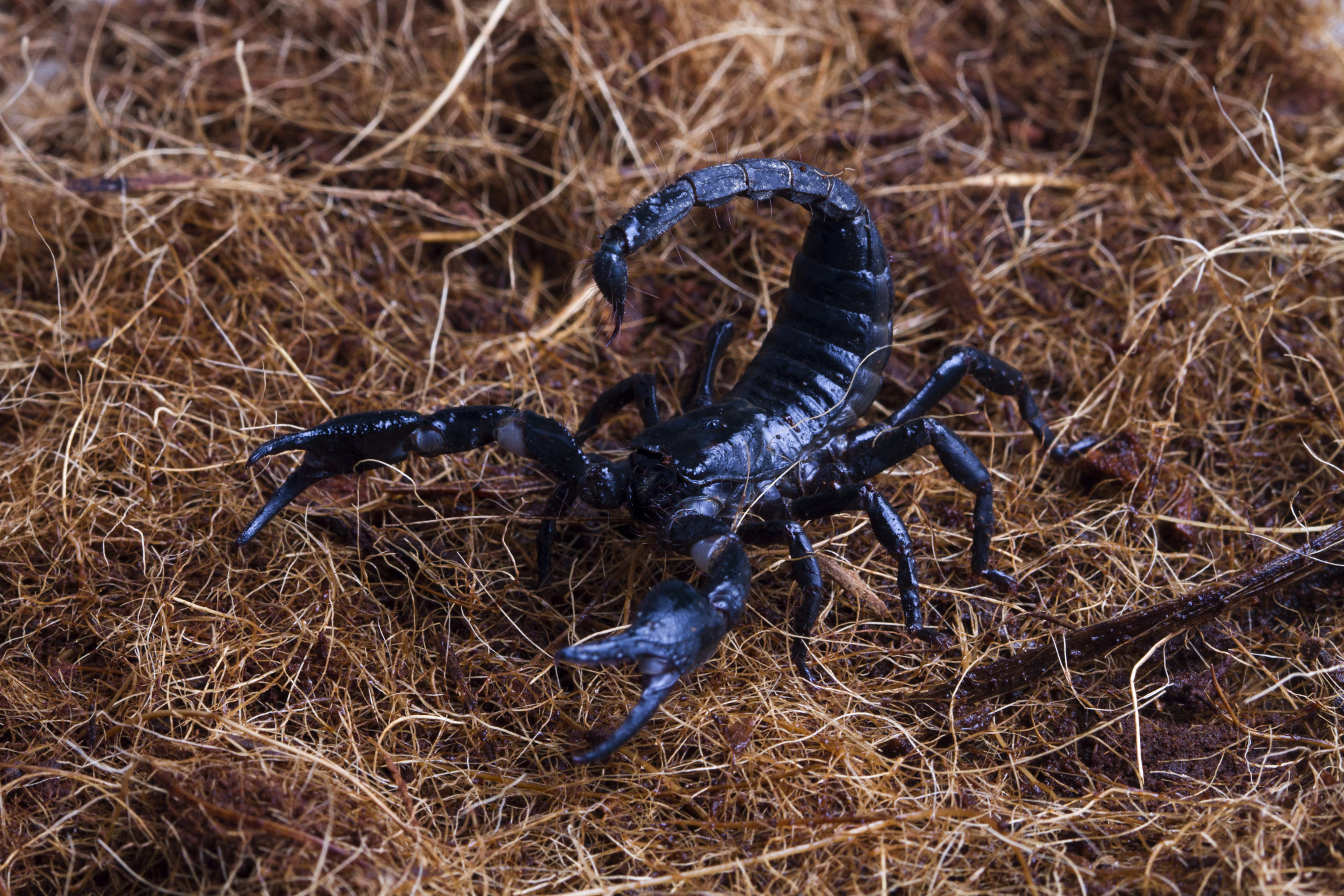


Researchers in Brazil have discovered a molecule in the venom of the Amazonian scorpion Brotheas amazonicus that attacks breast cancer cells with effectiveness comparable to the chemotherapy drug paclitaxel. Scientists are now working to produce this molecule using lab-based cloning techniques, paving the way for scalable biopharmaceutical applications. Beyond venom-based therapies, Brazilian teams are also developing radioisotope treatments that combine tumor imaging with precise destruction, as well as personalized vaccines derived from immune cells to train the body’s defenses against cancer. Meanwhile, AI-driven MRI analysis in France is helping predict treatment outcomes for brain cancer with up to 90% accuracy. Together, these advances illustrate a new wave of complementary strategies for safer, more targeted, and potentially more effective cancer therapies.